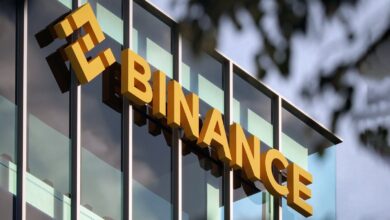Facebook Libra Project A Global Bank in the Making

From the moment Libra Association announced its inception it has not been received with open arms. On the contrary the criticisms against it have been harsh and strong. LIBRA management team has spent their time defending the project.
While Facebook’s long awaited crypto project was supposed to unlock a new era of commerce and payment utilizing the database and popularity of its social media platform boasting of over 2.3 billion active users worldwide, it seems to have instead unlocked a regulatory and consumer privacy debate.
During the Senate Banking Committee hearing in Washington, D.C. on July 16, both Democrats and Republicans agreed on the threat Facebook’s new currency will have on the country. What went wrong with LIBRA? Was it an un-calculated step? Was it a bad timing or a bad PR strategy, maybe both and many others? One thing is sure Facebook opened Pandora’s Box in the crypto sector, and now it won’t be easy to stop.
One of the biggest criticisms of Facebook’s LIBRA project came from the US president himself. In one of his tweets President Trump states, “If Facebook and other companies want to become a bank, they must seek a new Banking Charter and become subject to all Banking Regulations, just like other Banks, both National and International”.
This tweet is similar to SEC statement on May 7, 2018 “some platforms offer digital wallet services (to hold or store digital assets) or transact in digital assets that are securities. These and other services offered by platforms may trigger other registration requirements under the federal securities laws, including broker-dealer, transfer agent, or clearing agency registration, among other things”
It all comes down to how banks have been operating over the last several decades. Being the only financial sector service providers that have done little to innovate or transcend their service offering to non-traditional segments. Some have acquired smaller Fintech startups to catch up as they cannot kill the progress being made in this sector.
While regulators may want us to think that the issues pertain to KYC (Know Your Customer) versus privacy, the core issue with LIBRA is its disruptiveness. Digital currencies, whether that of Facebook or others, is disrupting the financial sector, the monetary sector, and the economic system, set in place by governments and central banks worldwide.
It started with the advent of cryptocurrencies such as Bitcoin and regulators could not cripple that, and moved towards the advent of stablecoins, of which LIBRA is one.
The good thing about LIBRA is that it is a wakeup call, a wake up call to regulators, central banks and banks around the world. It is clear that people are not happy with the existing banking system and expect much more in this digital age.
It could be LIBRA or something even better. People are eager to change; will banks listen?





